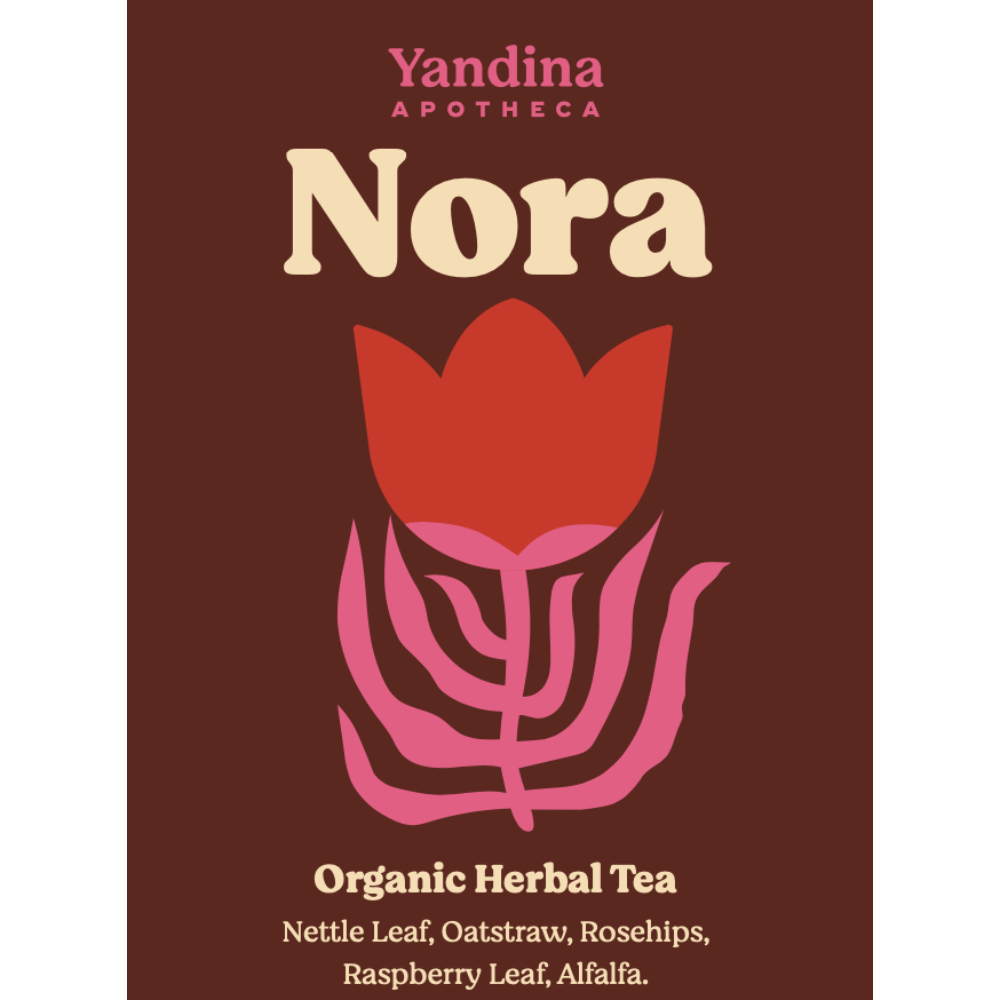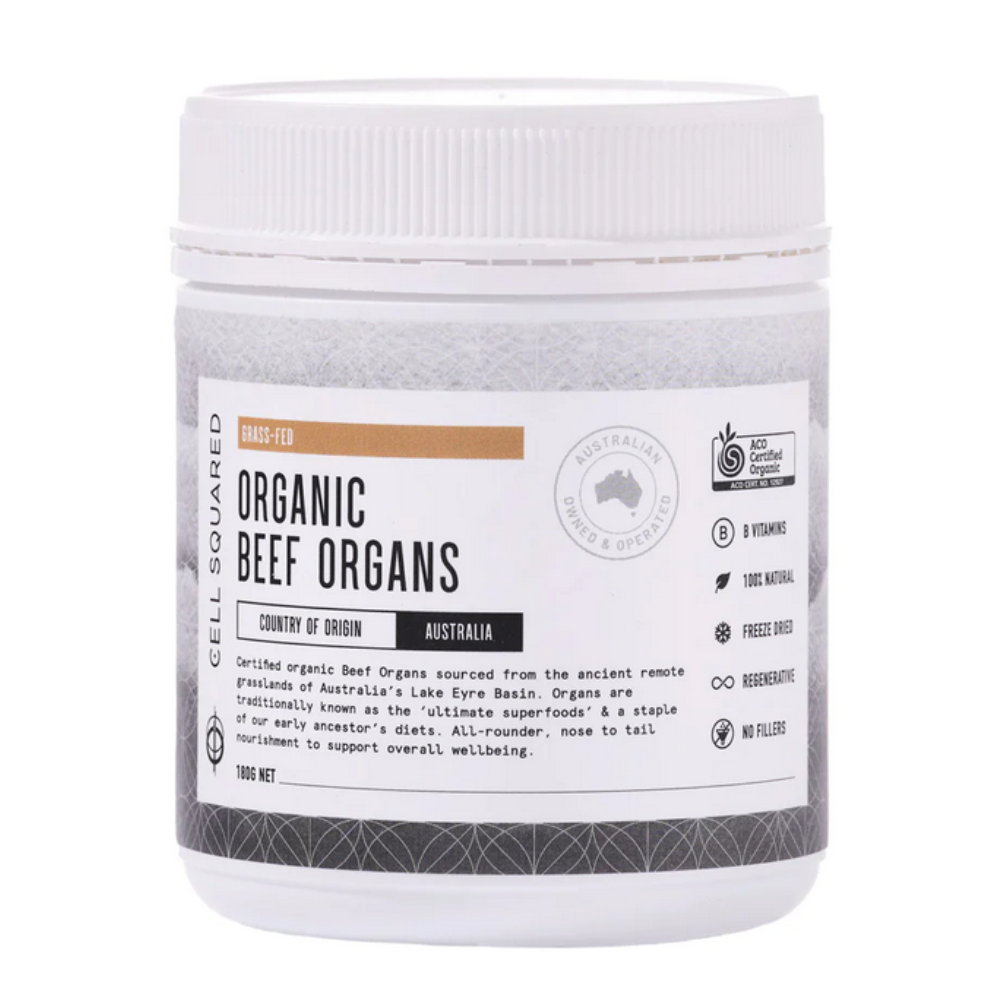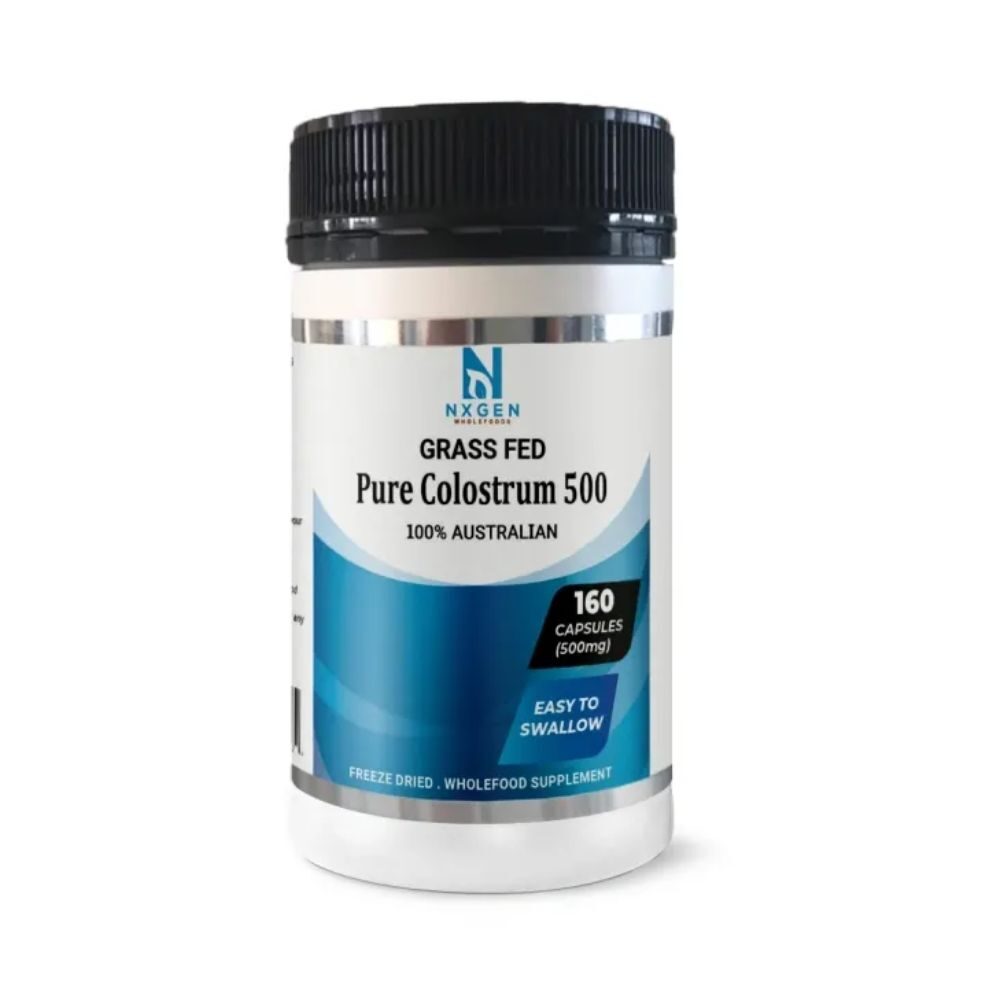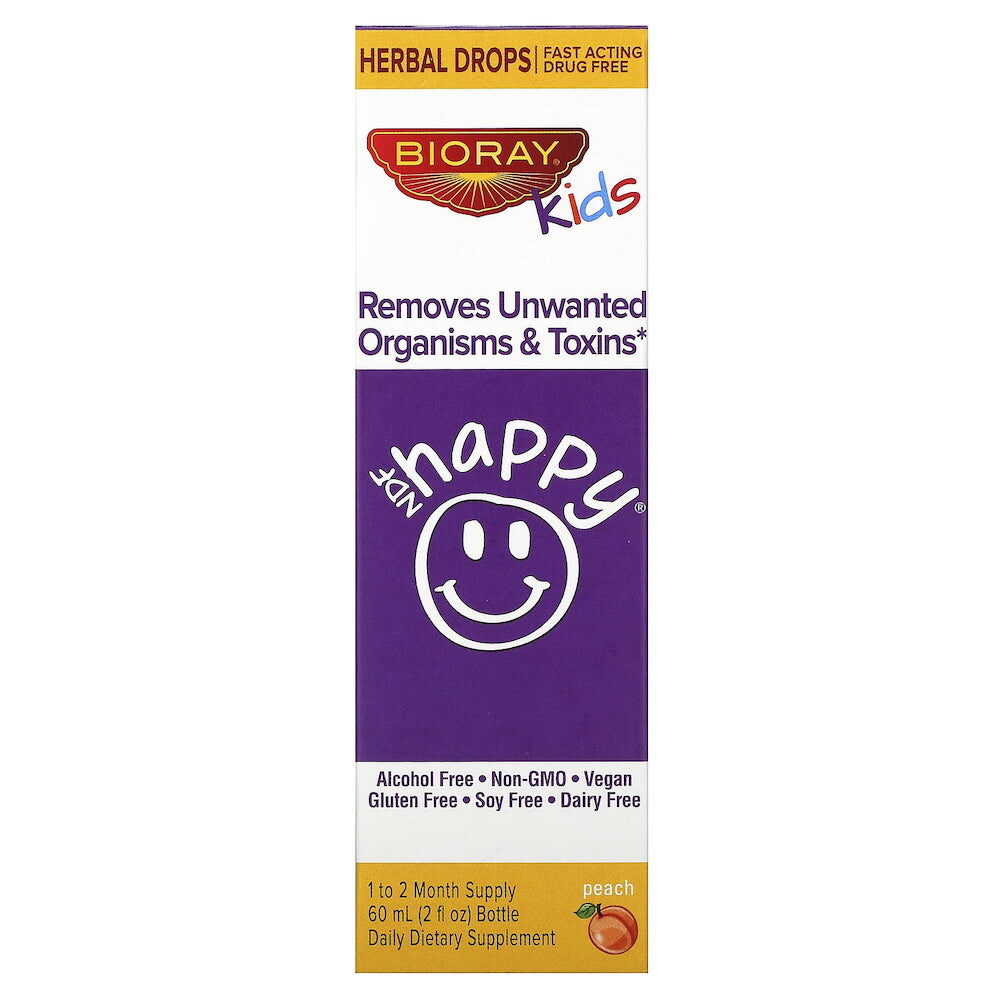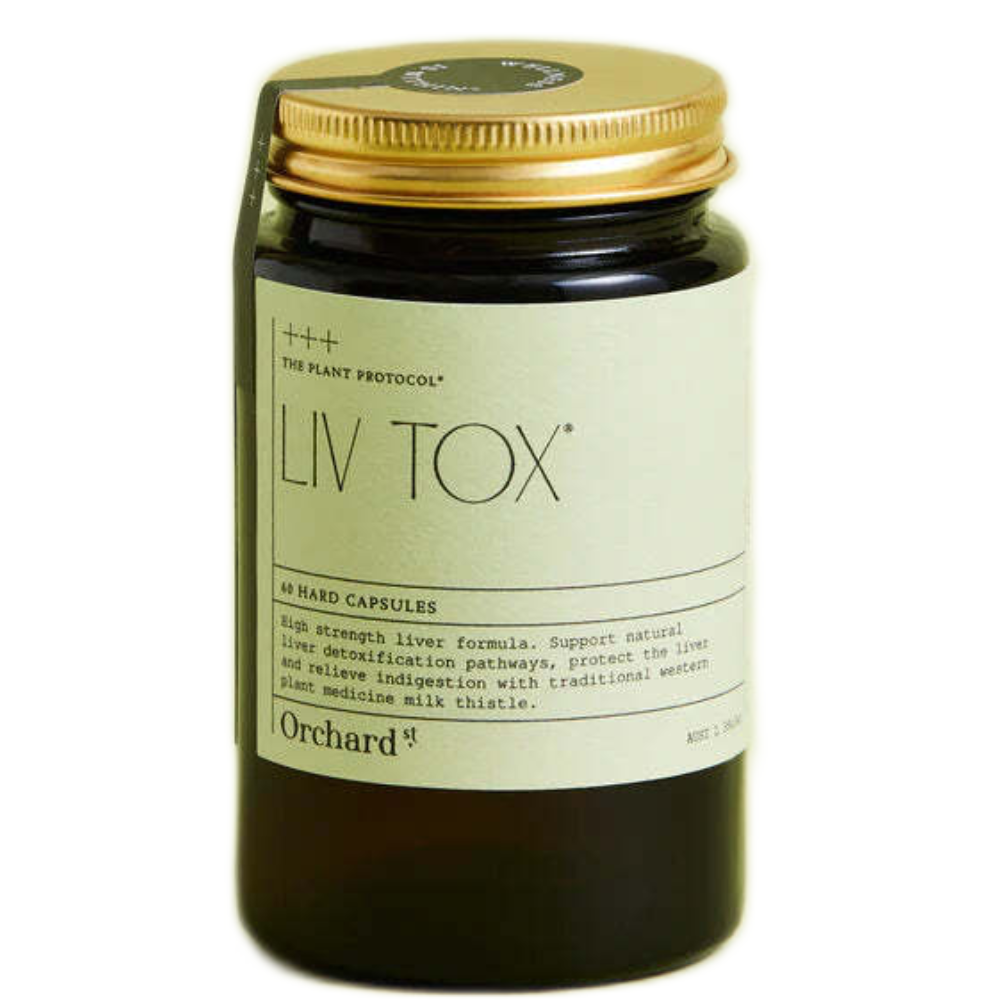NORA Tea by Yandina Apotheca
Product Description
NORA is a nourishing tea for not just for pregnancy and lactation but ALL women in their childbearing years.
I begged Ashley of Yandina Apotheca to make a NORA blend because I feel and know from my own experience using it that it affords women so much goodness and support. My own midwives and fertility naturopath encouraged me to drink NORA all through my pregnancy and I did just that including whilst in labor, adding in a splodge of honey and trace minerals to create a mega hydrating birthing potion.
Traditionally recommended in pregnancy by midwives, it has MANY healthful benefits and preventive properties. NORA stands for Nettles, Oatstraw, Red Raspberry Leaf and Alfalfa. We love the addition of Rosehips for added wholefood vitamin C and bioflavinoids.
Combined, these loose leaf herbs create a prenatal tonic that offers plant-based micro- nutrients and minerals that nourish the pregnant woman and her growing baby. From filling in essential nutrition gaps to preventing complications and maternal disease, these specific pregnancy tea ingredients have purpose and benefits beyond birth- for both fertility and into postpartum too!
Meet the Herbs
Nettle: Nettle is abundant with Vitamin A, C, D and K in an easily absorbable form and very high in minerals, including silicon that supports the skin as it stretches to accommodate baby. A gentle diuretic herb, it promotes detoxification and works to prevent bladder infections. It also strengthens the kidneys and adrenals, an important function during pregnancy with their increased work load. Nettle can be a fabulous support against edema or fluid retention in the lower extremities as can often be experienced. The readily assimilated high calcium and magnesium content helps to diminish muscle pain in all areas of the body during pregnancy including the legs, round ligaments, cervix, back and also during labor as well. Nettle’s Vitamin K1 content provides proactive support in preventing excessive bleeding during/ after birth. It strengthens blood vessels and maintains arterial elasticity which helps prevent hemorrhoids and varicose veins, because of this, it also helps to maintain a normal blood pressure. In the postpartum period it helps with the production of wonderfully nutrient dense breast milk for the newborn.
Raspberry Leaf: Red Raspberry leaf has been used for pregnancy and birth for at least two hundred centuries. Although this botanical is mistakenly recommended to induce labor, its ACTUAL role is to increase blood flow to the uterus and aids uterine muscle fibers in creating more organised muscle contraction. Historical uses include prevention of miscarriage, prevention of postdate pregnancy, decrease of discomfort in prodromal labor and decrease in morning sickness. Raspberry leaves have a long tradition of use in pregnancy to strengthen and tone the tissue of the womb, assisting contractions and preventing excessive bleeding. Raspberry also tones the mucous membranes throughout the body; soothe the kidneys and urinary tract, and preventing excessive bleeding after the birth. The tonic and relaxant actions on the smooth muscles of the uterus act to reduce the pain of uterine contractions during childbirth and makes them more eective and productive, shortening the duration of labor. Whilst there is controversy surrounding the use of Raspberry leaf during pregnancy, it is generally regarded as safe when consuming 1-3 cups a day from 16 weeks.
Oatstraw: Is the nervous system feeder. It is useful for exhaustion and depression; it strengthens the whole nervous system, making it a preventative and protective herb to enhance your ability to cope with stress. While being stimulating and energy-giving, they are also relaxing and an aid to sleep. Oats is also a uterine tonic, and works on strengthening the thyroid and balancing hormone production. It can be helpful for high blood pressure, varicose veins and hemorrhoids. It is also a soother for the digestive tract. It also lowers blood sugar and is useful for fluid retention. It is one of the best sources for magnesium, helping irritability and calcium absorption.
Alfalfa: Alfalfa has a history going back to ancient times, cherished for its nourishing abilities for people and their animals. It has a deep tap root and grows in rich soils, making it very rich in trace minerals that it pulls up from deep below the surface. It purifies the blood, and is a powerful tonic. It balances the blood sugar preventing the swings of hypoglycemia common in pregnancy. It soothes the digestive tract, and contains the digestive enzyme betaine, and the saponins balance the intestinal flora.
Rosehips: Provide valuble wholefood vitamin C and bioflavinoids that have been deemed so useful for preventing early miscarriage, preventing stretch marks and maintaining internal tissue elasticity. Vitamin C bioflavinoids also help build a strong amniotic sac (which may mean it doesn’t break prematurely before labour).
How to Brew your NORA: Use 1tbls per liter of water. Brew at 90/95 Degrees OR do a simple cold water infusion overnight. Drink warm or as an iced tea.


